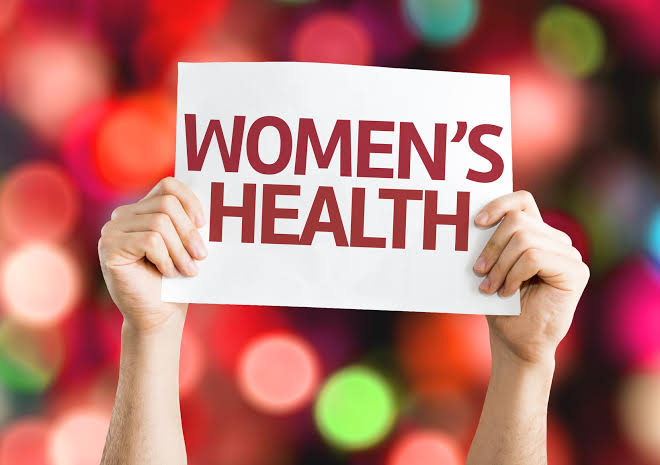UNITED NATIONS, New York July 14 – Officially, the COVID-19 pandemic has sickened 12 million people and left more than half a million dead. But the full toll of this catastrophe has been incalculably greater.
Health systems have been overwhelmed. Economies have been shuttered. And women and girls have been disproportionately affected, with sexual and reproductive health services being curtailed and gender-based violence on the rise.
As the world marked the World Population Day on July 11, there is need to take a moment to raise awareness of the sexual and reproductive health needs of people around the world.
This year, UNFPA is calling attention to the needs and vulnerabilities of women and girls amid the global pandemic, and the efforts needed to secure their health and human rights.
“No organization or country can do this alone,” said Dr. Natalia Kanem, UNFPA’s Executive Director, in a statement.
Heightened risks to women
Around the world, women face a variety of heightened risks due to the pandemic.
Front-line health workers – the majority of whom are women – face a direct risk of illness from COVID-19, for instance.
But women and girls outside the health sector face serious risks, too. Those requiring sexual and reproductive health services may face anxiety about exposure to the virus while seeking care – or they may forgo care entirely. Others have lost access to care all together due to movement restrictions and curbed health services.
Many hospitals and health centres are reporting declines in the number of women and girls receiving critical sexual and reproductive health care, including antenatal services safe delivery services and family planning.
UNFPA and partners estimate that six months of significant health service disruptions could result in 47 million women in low- and middle-income countries going without contraceptives, leading to an additional 7 million unintended pregnancies. The number of maternal deaths is also expected to increase.
UNFPA is working to ensure continued access to reproductive health services and supplies.
In the Gambia, for instance, where the pandemic has reduced the number of women seeking health care, UNFPA is providing protective gear to health workers, improving community-level communications about the disease, and ensuring the continuation of family planning and midwifery programmes.
Fatou Joof, a midwife at the UNFPA-supported Serrekunda Health Centre outside Banjul, expressed relief that she is able to continue providing maternal health care while using protective measures including face masks.
“When the women come to the facility, we make sure they wash their hands thoroughly with soap and water. We also make hand sanitizers available for use,” she said.
“The work I do here brings me so much joy. This is who we are as midwives and this is what we do – we save lives.”
Article by UNFPA.
Want to send us a story? Contact Shahidi News Tel: +254115512797 (Mobile & WhatsApp)


